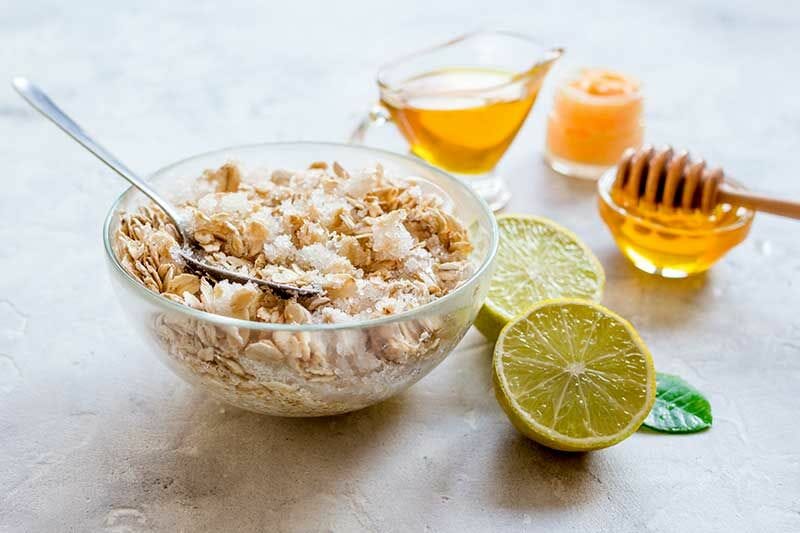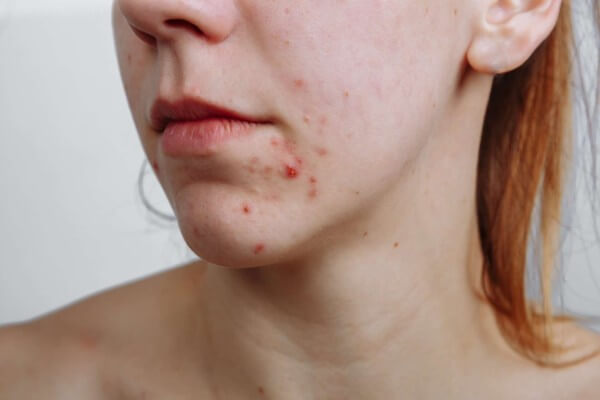Skin Care
Do it yourself… just don’t do it with these ingredients!
Do-it-yourself (DIY) skin care has really become popular, especially with the rise of social media sites like Pinterest. It seems everyone has a “tried and true” recipe for masks, moisturizers, and zit-zappers. Don’t get me wrong, there are some wonderful things you can do for your skin on your own. And there are some good DIY skin care recipes out there. And while it’s typically safer and better to use products that have been tested and proven safe, some do-it-yourself “treatments” can be a nice complement to a good (and proven safe and effective) skin care regimen. But there are some important things you should remember when making/using any DIY skin care remedy.
pH balance is important
Your skin has a natural alkalinity (pH) of around 4 – 4.5, and keeping that pH level consistent is important, in order to avoid irritation, blemishes – and lots of other stuff you don’t want. To that effect, you want to avoid using the following ingredients on your skin:
Lemon juice
I’ve seem so many recipes for homemade masks and cleansers that use lemon juice – and each time I’ve wanted to send the author a “nasty-gram” so that they will stop recommending it. Lemon juice is highly acidic, with a pH level of two. Applying it directly on the skin can cause immediate irritation. Plus, if your skin is exposed to the sun after applying lemon juice to it, your skin can actually blister and burn.
Baking Soda
While lemon juice is detrimental to the skin due to its acidity, baking soda has the opposite problem. Baking soda has a pH of 9, meaning it’s highly alkaline. Once again, since the goal is to keep the skin’s pH around 4, using a product with a pH of 9 is not a good idea. Baking soda can seriously disrupt the skin’s natural barrier, causing moisture loss and the potential for harmful bacteria to enter.
Leave the antiseptics in the medicine cabinet
Hydrogen Peroxide and Rubbing Alcohol are often recommended for DIY skin care preparations. While they’re great for cleaning wounds, they are not meant to be used in your skin care routine.
Peroxide
Peroxide is great at preventing infections when you get a cut or a scrape. But it is highly irritating, and can cause burning and dryness.
Alcohol
Rubbing alcohol is one of the most damaging things you can use on your face. It is irritating, drying, and can strip your skin of essential moisture and oils. In other words, you should never put it on your face (unless you need to sterilize a wound.)
Leave the toothpaste in the tube
Toothpaste was made to clean and polish your teeth, not your face. Not only does some toothpaste contain baking soda and/or peroxide (already listed above), but it can also contain peppermint and other irritating ingredients.
And leave the sugar in the kitchen
Sugar crystals, while they may look small and harmless, are actually quite abrasive. They are much too rough to be used on your facial skin. While not every skin care product you can buy over the counter is completely non-irritating, most are formulated to be gentle on the skin, while keeping the skin’s pH in proper balance – so purchasing products from a reputable skin care brand is almost always a better bet. Keep in mind that good quality skin care doesn’t have to be expensive. Also remember that, if you’re committed to natural skin care, Reviva Labs is the Natural Skin Care Authority – developing effective, affordable natural skin care for over 40 years.







